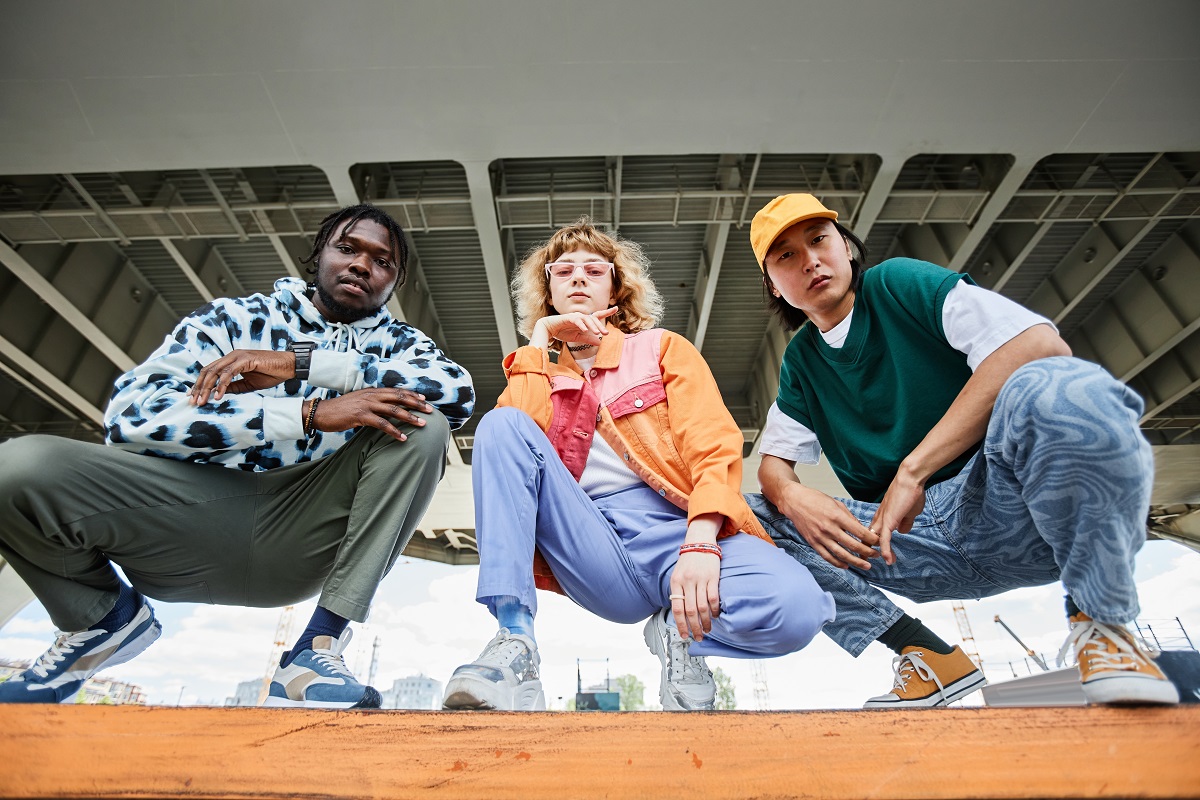Music as a Powerful Tool for Political Activism
Music has always been a powerful tool for expressing emotions, connecting people, and inspiring change. Throughout history, musicians have used their art to engage in political activism, shedding light on social issues, and advocating for justice. Whether it’s through protest songs, benefit concerts, or simply using their platform to raise awareness, music has played a crucial role in shaping political movements and bringing about social change. In this article, we will explore the impact of music in political activism, discussing the ways in which musicians have used their voices to amplify important messages and drive social and political progress.
The Civil Rights Movement and Music
One of the earliest examples of music being used as a form of political activism can be traced back to the civil rights movement in the United States during the 1950s and 1960s. Artists like Nina Simone, Bob Dylan, and Sam Cooke used their music to address the racial inequality and injustice prevalent at the time. Songs like “Strange Fruit” by Billie Holiday and “Blowin’ in the Wind” by Bob Dylan became anthems of the movement, resonating with people and inspiring them to take action. These artists used their platform to raise awareness and challenge the status quo, ultimately contributing to the success of the civil rights movement.
The Anti-War Movements and Music
Music continued to play a significant role in political activism during the anti-war movements of the 1960s and 1970s. As the Vietnam War raged on, musicians like John Lennon, Joan Baez, and Neil Young used their music to protest against the war and advocate for peace. Songs like “Give Peace a Chance” by John Lennon and “Ohio” by Crosby, Stills, Nash & Young became rallying cries for the anti-war movement, capturing the frustration and anger felt by many.
Modern Social and Political Movements and Music
In more recent years, music has been a driving force behind various social and political movements. The Black Lives Matter movement, for example, has seen artists like Kendrick Lamar, Beyoncé, and J. Cole using their music to shed light on police brutality, systemic racism, and the need for change. These artists have used their platforms to not only raise awareness but also to provide a voice for the marginalized and oppressed.
The Power of Music in Political Activism
The power of music in political activism lies in its ability to connect with people on an emotional level. Music has the power to evoke strong emotions, and when combined with powerful lyrics and a compelling message, it can inspire individuals to take action. Whether it’s through the lyrics of a song, the energy of a live performance, or the collective experience of a protest concert, music has a unique ability to unite people and create a sense of solidarity.
Music: A Universal Language for Political Activism
Furthermore, music has the power to reach a wide audience and transcend cultural and linguistic barriers. It can be a universal language that speaks to people from all walks of life. This makes it an incredibly effective tool for spreading messages of political activism and raising awareness about important social issues.
Music Festivals and Concerts: Platforms for Political Activism
In addition to its emotional and universal appeal, music also has the ability to bring people together in physical spaces. Benefit concerts and music festivals have long been used as platforms for political activism, providing a space for like-minded individuals to gather, engage in dialogue, and take collective action. These events not only raise funds for various causes but also serve as a catalyst for social and political change.
The Indispensable Role of Music in Political Activism
In conclusion, music has always been a powerful force in political activism. From the civil rights movement to the anti-war protests and modern-day social justice movements, musicians have used their art to raise awareness, inspire change, and advocate for justice. The ability of music to connect with people on an emotional level, transcend cultural barriers, and bring people together has made it an invaluable tool for political activists. As we move forward, it is important to recognize and support the role of musicians in shaping political discourse and driving social progress.
Key Takeaways
- Music has been a powerful tool for political activism throughout history, allowing artists to express emotions, shed light on social issues, and advocate for justice.
- Musicians like Nina Simone, Bob Dylan, and John Lennon have used their music to address racial inequality, protest against war, and advocate for peace, respectively.
- In recent years, artists like Kendrick Lamar and Beyoncé have used their music to raise awareness about police brutality, systemic racism, and the need for change.
- Music has the power to connect with people on an emotional level, transcend cultural barriers, and unite individuals in collective action.
- Benefit concerts and music festivals provide physical spaces for like-minded individuals to gather, engage in dialogue, and contribute to social and political change.
If you’re passionate about music and interested in exploring the intersection of music and social impact further, consider taking the “NYU x Billboard | Music Industry Essentials” online course and certificate program offered by Yellowbrick. This comprehensive program will provide you with a deep understanding of the music industry, including the role of music in political activism. Gain insights from industry experts, learn about artist development, music marketing, and more. Expand your knowledge and skills to make a meaningful impact in the world of music and social change.



